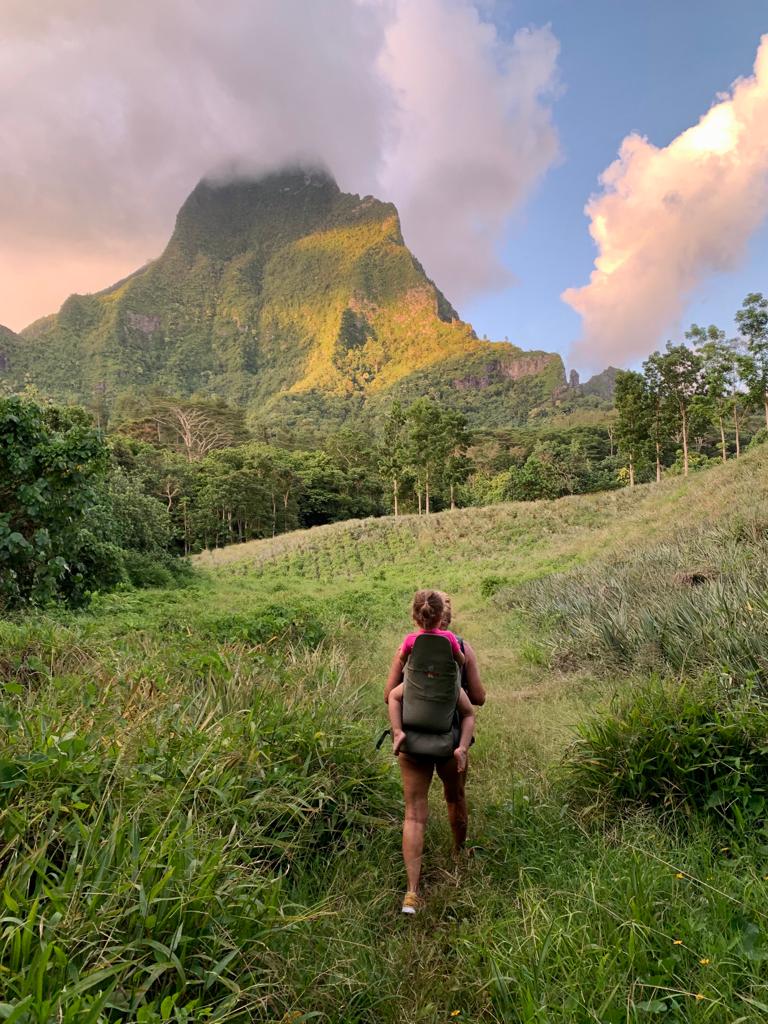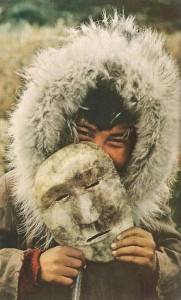 One of my meditation words I have taken for 2015 is self-care. Normally I take 2-3 words and focus upon them over the course of a year and let the themes and mysteries within them gradually reveal themselves. Meditation means to dwell deeply, so staying with just one, two or three words for a year and spending time each day investigating them deeply can be a beautiful and rewarding meditation practice!
One of my meditation words I have taken for 2015 is self-care. Normally I take 2-3 words and focus upon them over the course of a year and let the themes and mysteries within them gradually reveal themselves. Meditation means to dwell deeply, so staying with just one, two or three words for a year and spending time each day investigating them deeply can be a beautiful and rewarding meditation practice!
This is one of the interesting things about developing a quality; when we develop it we find that we start to simultaneously develop its opposite quality in a way in which we may not have expected. Gentleness gives rise to strength; stillness gives rise to dynamism; focus gives rise to relaxation.This week or over the next few days, if you like, try doing something each day that is a deliberate and appropriate expression of self-care. See how you can grow your inner resilience by using the method of gentleness.
Upcoming Courses at Integral Meditation Asia :
January 9.30am-12.30pm – Regenerating Your Inner Self – Integral Meditation Half – Day Retreat
Sunday 18th January,9.30am-12.30pm – Meditations for Connecting to the Green World – An Introduction to the Path of Nature Mysticism
Sunday 1st February – Mindful Self-Leadership: Take Control of Your Life Direction and Wellbeing Through Awareness, Curiosity, Courage and Care
Meditation Technology









